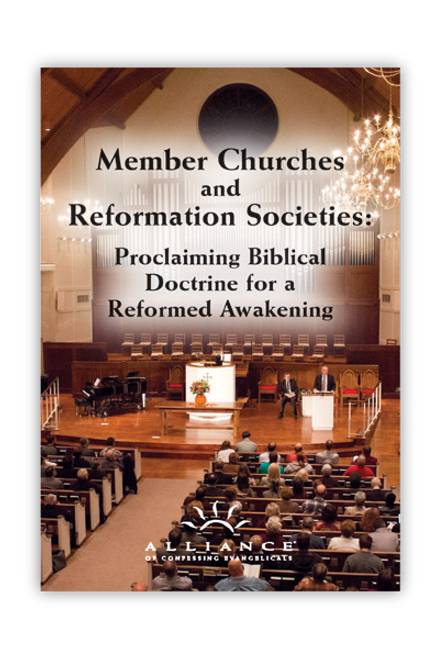Product Description
The nature and life of the church is one of the most crucial issues facing Christians today. Questions of ministry and liturgy, authority and freedom, appear in a wide variety of guises throughout the world-wide church. Relativism and uncertainty seem to be as common in the church as in the world. Many Christians wonder whether there is any way forward.
In this context, The Reformation of the Church is an invaluable aid. An anthology of documents, drawn largely but not exclusively from the sixteenth and seventeenth centuries, it presents in a readily accessible form the finest thinking of the reformed fathers on authority and freedom, the need for reformation, the nature of the government, unity and membership of the church of Jesus Christ.
Warmly welcomed when first published in 1965, and widely used since then, these documents provide invaluable material for ministers, elders, leaders, students and all Christians who are concerned to see Christ’s church fulfill her God-given role at a critical juncture in her history.
Publication Date: 1965; Newly retypeset, smyth-sewn, and clothbound, 2021
Clothbound, 465 pages
TABLE OF CONTENTS
INTRODUCTION
SECTION I
THE NATURE OF THE CHURCH
SECTION II
THE RULE FOR REFORMATION – THE WORD OF GOD
1. Liberation from Human Authority, Martin Luther
2. The Reformers and the Regulative Principle, William Cunningham
3. The Regulative Principle and Things Indifferent, John Hooper
4. The Abolition of Vestments, John a Lasco
5. Scripture and the Ordering of Worship
SECTION III
THE NEED OF REFORMATION
1. The Necessity for Reformation: The Admonition to Parliament 1572, Thomas Wilcox
2. Concerning a National Church, William Ames
3. The Relation of Church and State, Charles Hodge
4. Episcopacy: The Petition for the Prelates Examined
5. The Grounds of Nonconformity, Edmund Calamy
SECTION IV
NEW TESTAMENT CHURCH GOVERNMENT
1. The Book of Discipline 1587
2. A True Description of the Visible Church 1589, Henry Barrow
3. The Form of Presbyterial Church Government 1645, Westminster Divines
4. The Cambridge Platform 1648
5. The Savoy Platform 1658
6. The Difference between Independency and Presbytery, Jeremiah Burroughs
7. A Presbyterian View of the Difference with Independency
8. The Heads of Agreement 1691
SECTION V
THE UNITY OF THE CHURCH
1. The Way to Peace, Walter Cradock
2. What We Are to Bear with in Others, Jeremiah Burroughs
3. Union among Protestants, John Owen
4. The Scandal of Division among the Godly, James Durham
APPENDICES
1. The Church Membership of Children, Thomas Shepard
2. Episcopalian Writers on Church Government
AUTHOR
Born in England in 1931, Iain Murray studied history and philosophy at the University of Durham and considered becoming an English Presbyterian Church minister. While at the university, though, he read material written by the Puritans and began assisting at St. John’s Free Church in Oxford. While there, he served as the first editor of The Banner of Truth magazine. From 1956-1959, he served as assistant to D. Martyn Lloyd-Jones at Westminster Chapel and, in 1957, he co-founded the Banner of Truth Trust. Iain Murray books include J.C. Ryle: Prepared to Stand Alone, giving Christians the opportunity to discover more about this influential 19th century evangelical author who had been largely forgotten; a two-volume biography titled D. Martyn Lloyd-Jones (with individual volumes also available separately: 1 and 2); Forgotten Spurgeon in which he focuses on clearing up misconceptions about Spurgeon and delineates his spiritual beliefs; and a biography of a remarkable woman, Amy Carmichael.








